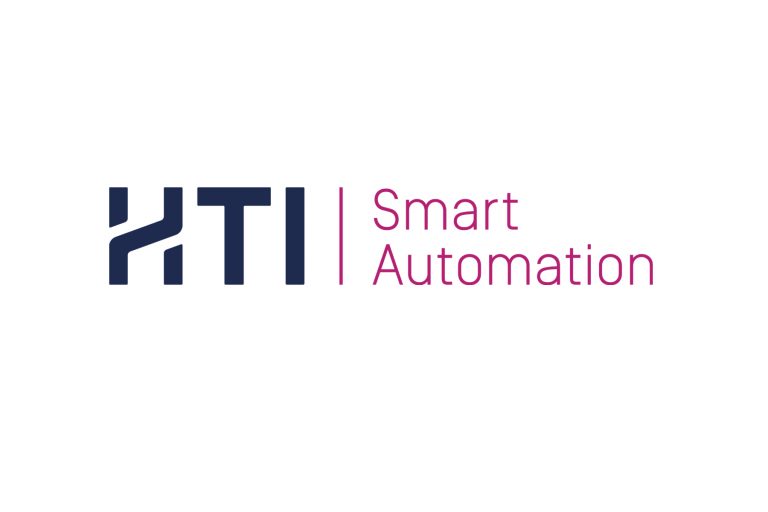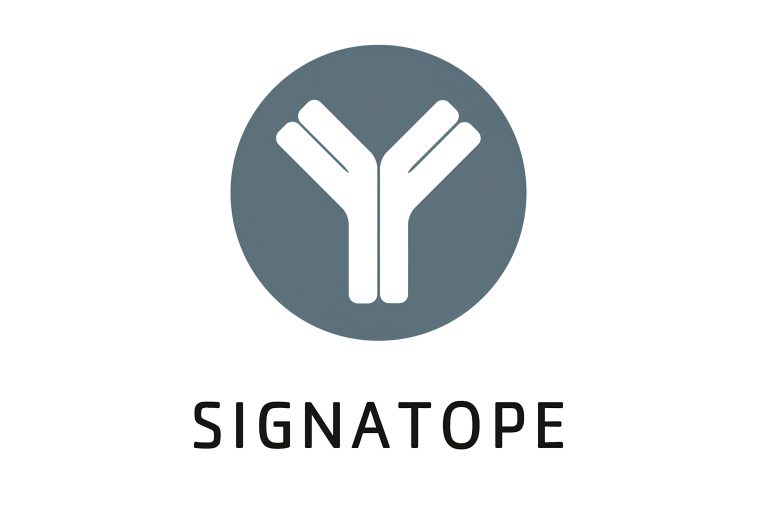Lilly’s Lepodisiran Slashes Heart Disease Risk Factor by 94% in Phase 2 Trial
Eli Lilly and Company announced groundbreaking Phase 2 results for its investigational siRNA therapy lepodisiran, which reduced lipoprotein(a) [Lp(a)] levels by up to 93.9% at the highest dose (400 mg) in adults with elevated levels of the genetically inherited cardiovascular risk factor.
ACC 2025 Data Highlights siRNA Therapy’s Potential as First Targeted Treatment for Genetically Driven Cardiovascular Risk Factor
The data, presented at the American College of Cardiology (ACC) 2025 Scientific Sessions and published in the New England Journal of Medicine (NEJM), revealed sustained reductions lasting nearly 1.5 years in some patients.
In the ALPACA trial, lepodisiran met its primary endpoint, demonstrating dose-dependent Lp(a) reductions of 40.8% (16 mg), 75.2% (96 mg), and 93.9% (400 mg) from baseline over days 60 to 180. Participants receiving two 400 mg doses (baseline and day 180) saw a 94.8% average reduction in Lp(a) from day 30 to 360, with levels remaining 91.0% below baseline at one year and 74.2% at 18 months.
Addressing an Unmet Genetic Risk
Approximately 20% of Americans have elevated Lp(a), doubling or tripling their risk of heart attacks, strokes, and aortic valve stenosis. Current cholesterol therapies do not specifically target Lp(a), and lifestyle changes have minimal impact.
Steven Nissen, M.D., Chief Academic Officer of the Heart, Vascular & Thoracic Institute at the Cleveland Clinic, said:
“Nearly a quarter of the world’s population has elevated levels of Lp(a), putting them at a significantly higher risk of cardiovascular events such as heart attacks and strokes. Unfortunately, there are no approved cholesterol-lowering therapies specifically for this genetic risk factor, and lifestyle changes like diet and exercise do not provide meaningful reductions. These significant and sustained Lp(a) reductions are encouraging and suggest that siRNA approaches like lepodisiran could potentially offer durable benefits with long-term dosing.”
Secondary Endpoints Show Extended Benefits
Lepodisiran also reduced apolipoprotein B (apoB), a separate cholesterol biomarker, by 14.1% (day 60) and 13.7% (day 180) at the 400 mg dose. A second 400 mg dose maintained apoB reductions through day 540.
Safety Profile and Adverse Events
Treatment-emergent adverse events (TEAEs) were dose-dependent, occurring in 14% of pooled 400 mg groups, 12% (96 mg), 3% (16 mg), and 1% (placebo). No serious adverse events were linked to lepodisiran. One death in the 16 mg group resulted from chronic coronary disease complications. No participants discontinued lepodisiran due to TEAEs.
Phase 3 Outcomes Trial Underway
Lilly’s ACCLAIM-Lp(a) Phase 3 program, evaluating lepodisiran’s impact on cardiovascular events in high Lp(a) patients, is now enrolling. Ruth Gimeno, Lilly’s group Vice President of Diabetes, Obesity, and Cardiometabolic research.
“Reducing the inherited cardiovascular risk for patients with high Lp(a) has long been a critically unmet need. These results offer hope for a long-term, durable treatment option. These data underscore Lilly’s commitment to advancing genetic medicine to address one of the world’s most pressing healthcare challenges. We will continue to evaluate the potential benefits of lepodisiran in the ongoing Phase 3 cardiovascular outcomes trial.”
Trial Design and Next Steps
ALPACA, a randomized, double-blind, placebo-controlled study, included 320 adults with elevated Lp(a). Participants received two doses of lepodisiran (16 mg, 96 mg, or 400 mg) or placebo at baseline and day 180, with one group receiving 400 mg at baseline and placebo at day 180. The primary endpoint measured placebo-adjusted, time-averaged Lp(a) reduction from days 60–180.
Lilly emphasized that the effect of additional lepodisiran doses beyond two administrations remains undetermined. The Phase 3 trial will further assess cardiovascular outcomes.
About Lipoprotein(a) and Lepodisiran
Lp(a), a genetic risk factor for cardiovascular disease, contains apolipoprotein(a) [apo(a)], which lepodisiran targets via siRNA to inhibit production. Elevated Lp(a) levels affect 1 in 5 Americans and are linked to earlier, more severe cardiac events.
To learn more, visit Lilly.com
Original Source: SOURCE Eli Lilly and Company, Press Release, March 30, 2025: https://www.prnewswire.com/news-releases/lillys-lepodisiran-reduced-levels-of-genetically-inherited-heart-disease-risk-factor-lipoproteina-by-nearly-94-from-baseline-at-the-highest-tested-dose-in-adults-with-elevated-levels-302414699.html
Recommended Companies
Ad
More Headlines








